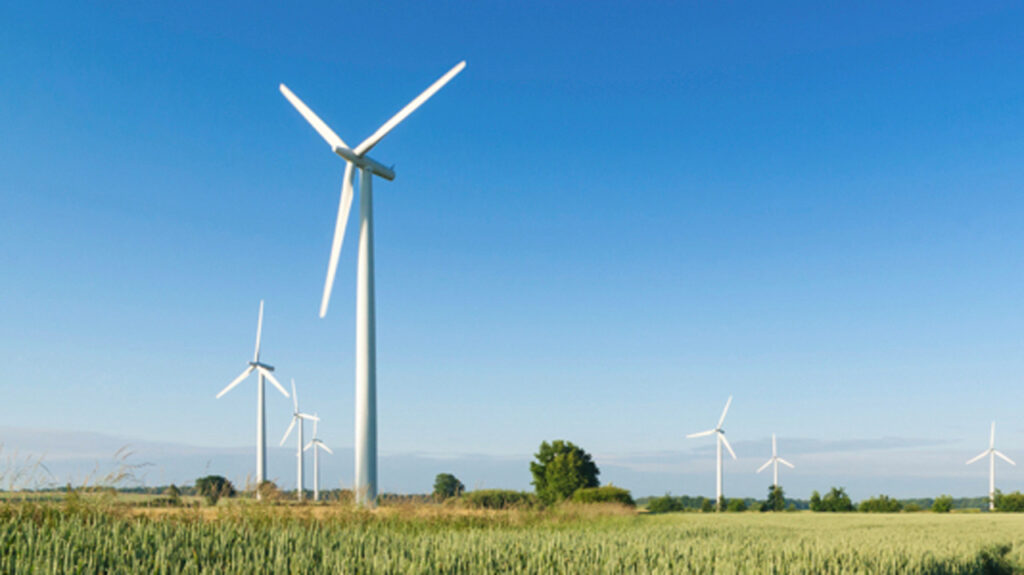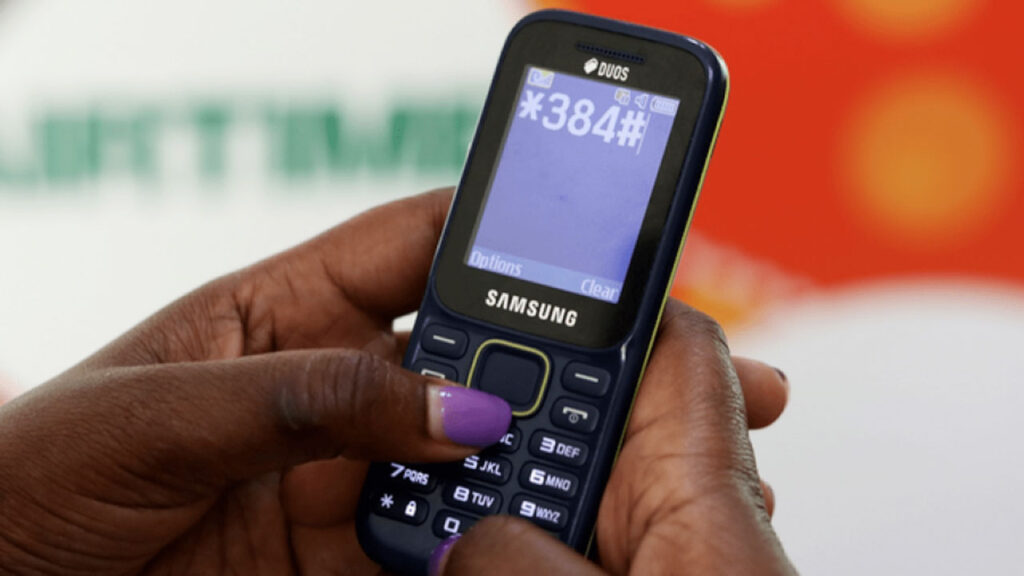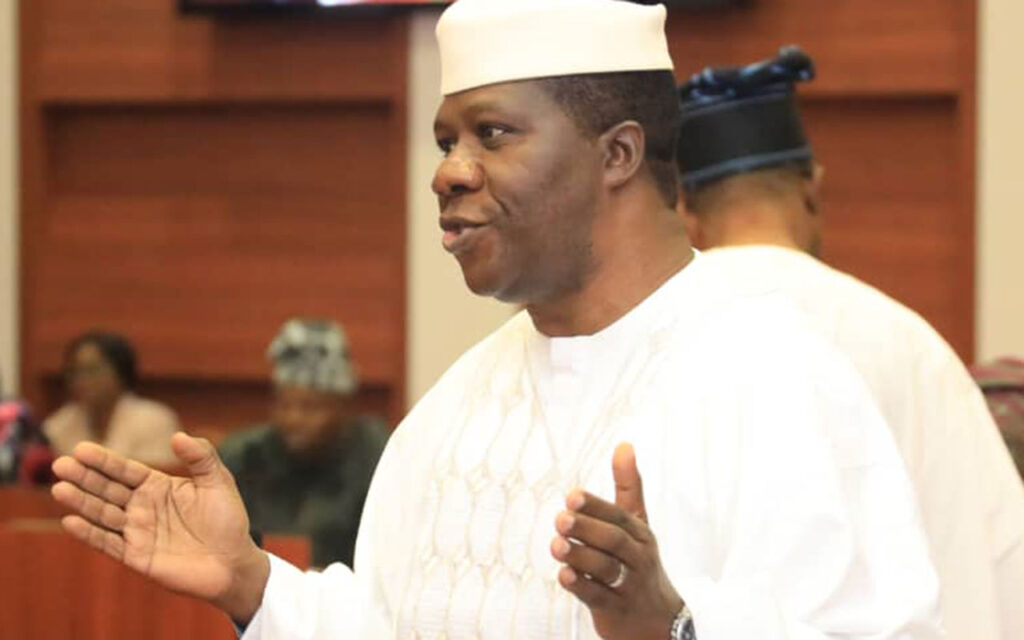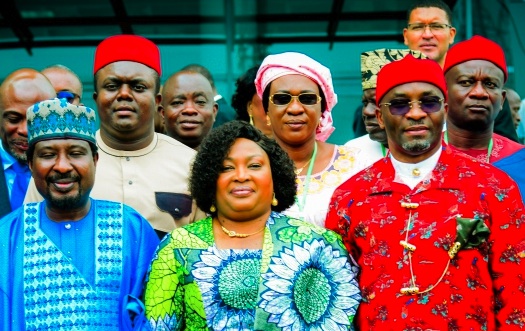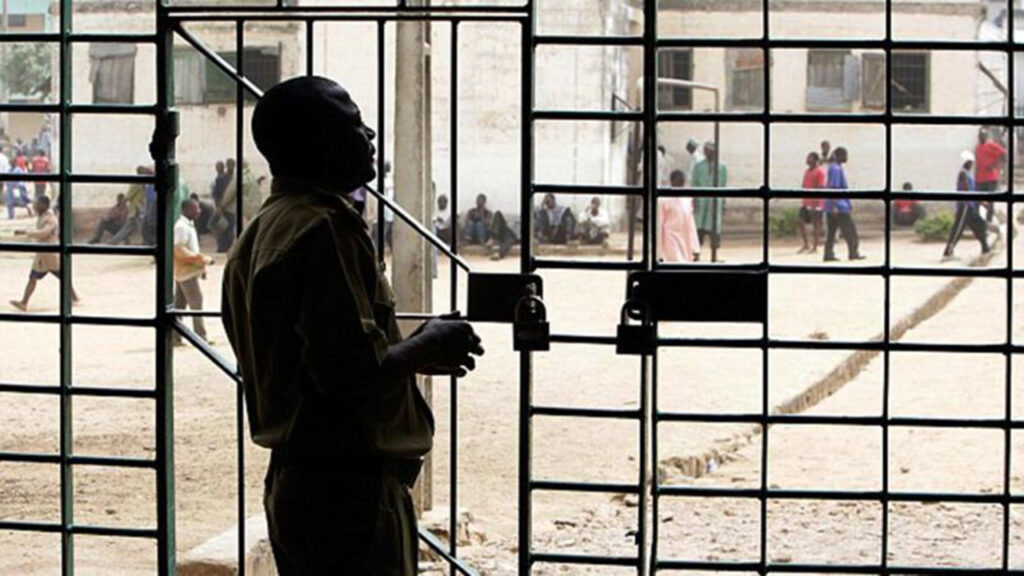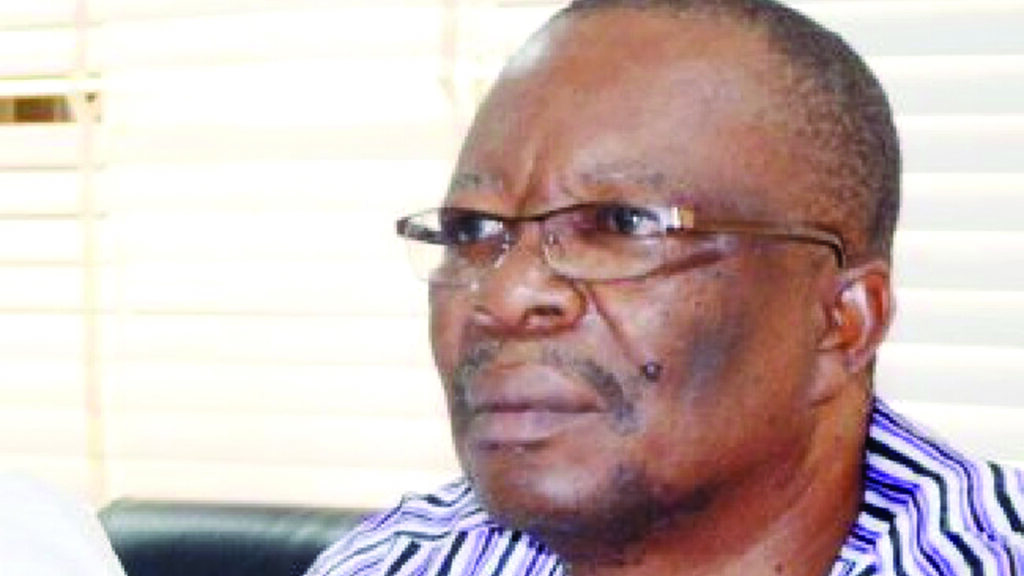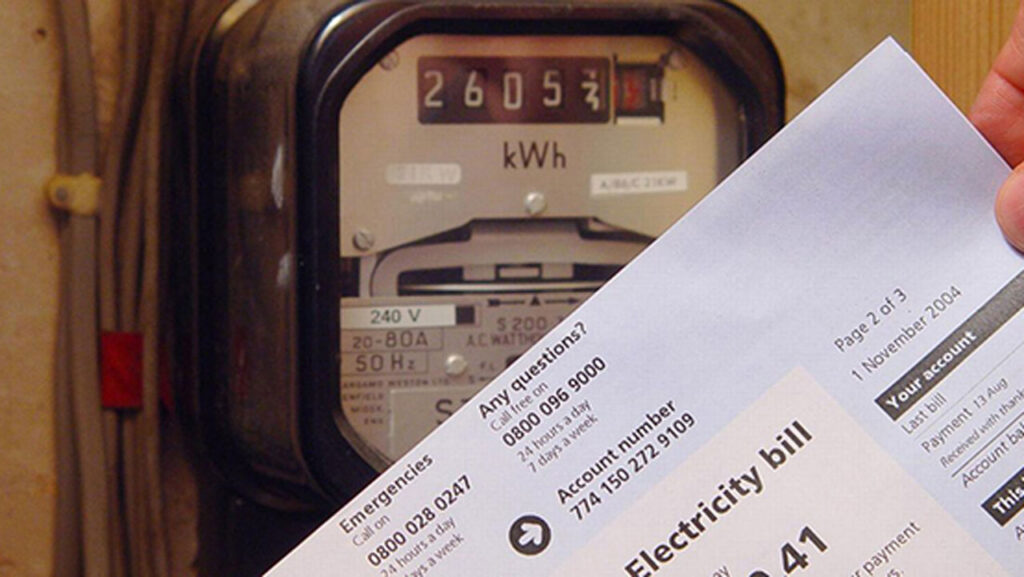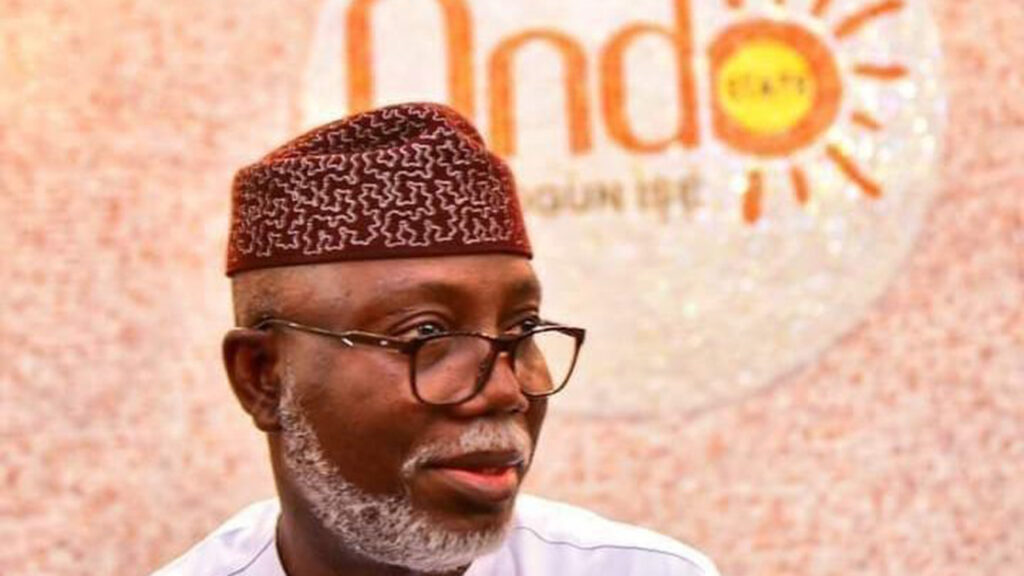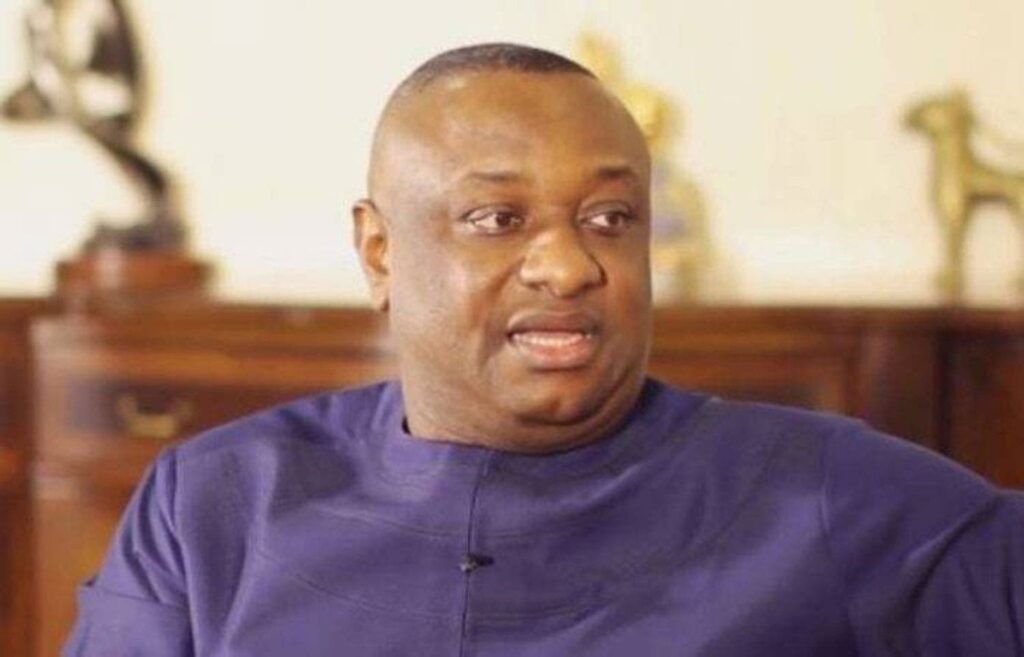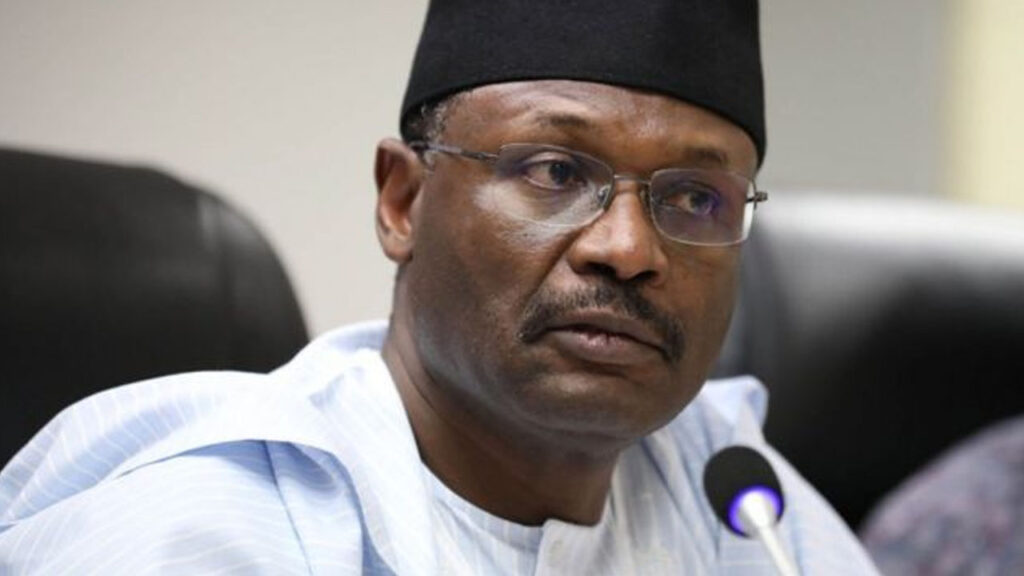
Burden of energy access in Africa and other developing countries, especially the deployment of renewable energy amid push from fossil fuel, would need a practical financing approach, global leaders said yesterday.
Speaking at the 14th Assembly of the International Renewable Energy Agency (IRENA), the United Nations, IRENA and other stakeholders expressed worry that the needed funding for renewable deployment and climate change was not coming as projected.
While Africa accounts for 70 per cent of the global reserves of platinum, 52 per cent of cobalt and 48 per cent of manganese and 70 per cent of global supplies of cobalt, Africa accounts for just three per cent of global manufacturing, even as climate finance to Africa is less than three per cent.
Coming at a time when global finance for climate is short-changing Africa, providing only $29 billion of the $653 billion in climate finance globally, UN Secretary General, Antonio Guterres, said while renewable revolution was unstoppable, there was a need to ensure the transition is fast and fair enough to limit the rise in global temperatures.
Guterres said without finance and political support, energy transition would remain impossible.
He noted that the G20 needed to come up with an action plan to finance and technical support that would ensure that climate goals were met.
Guterres also sought new business model and increase lending from commercial banks to mobilise private finance together to supercharge renewable energy revolution.
While about 50 oil companies representing nearly half of global production have pledged to reach near-zero methane emissions and end routine flaring in their operations by 2030, the Secretary General said the pledges of the companies must be honoured.
Director General of IRENA, Francesco La Camera, said a global cooperation that would ensure unity and new approach was critical to delivering the projected renewable energy target and climate action.
He noted that although there was a level of progress, acceleration towards climate goal was below par.
Managing Director of Sosai Renewable Energies, Habiba Ali, said progress was being recorded in Nigeria in terms of renewable development, especially the recent approval of about $750 million renewables funding secured by Nigeria.
While higher inflation, higher cost of material, higher interest rates for project development and the cost of borrowing and currency risk pose a complex challenge for countries like Nigeria, Ali admitted that the progress was not yet aligning with projections and requires serious up scaling.
The stakeholders stressed the need to address the climate crisis in developing countries, noting that energy could become unaffordable due to unfit financing terms.
They also stressed the importance of government policies and regulations, adding that setting ambitious targets and implementing policies could create profitability of renewable energy investments.

